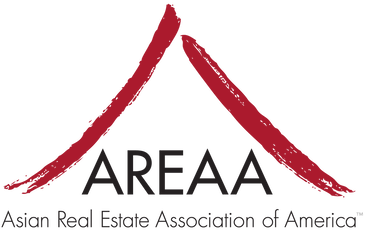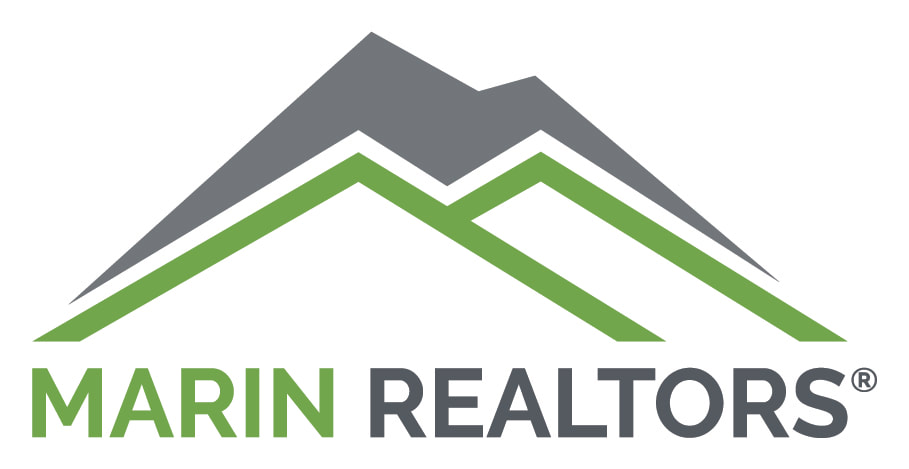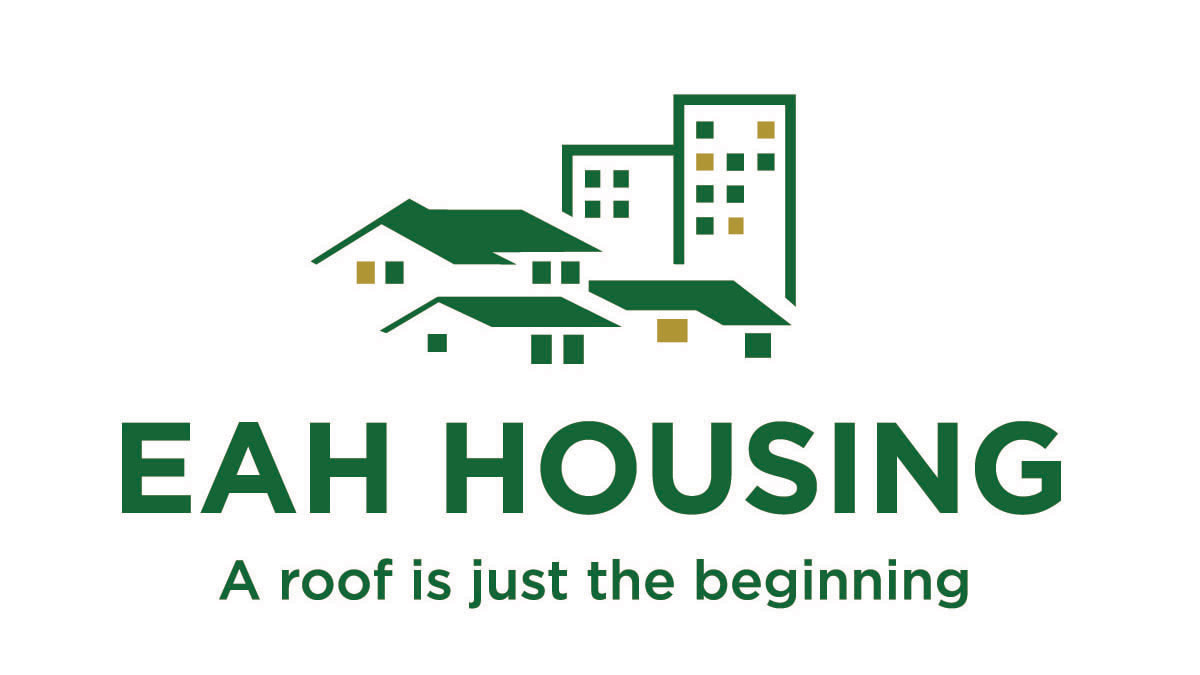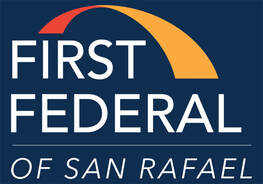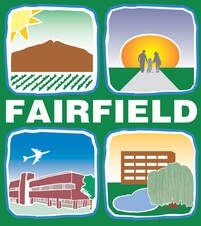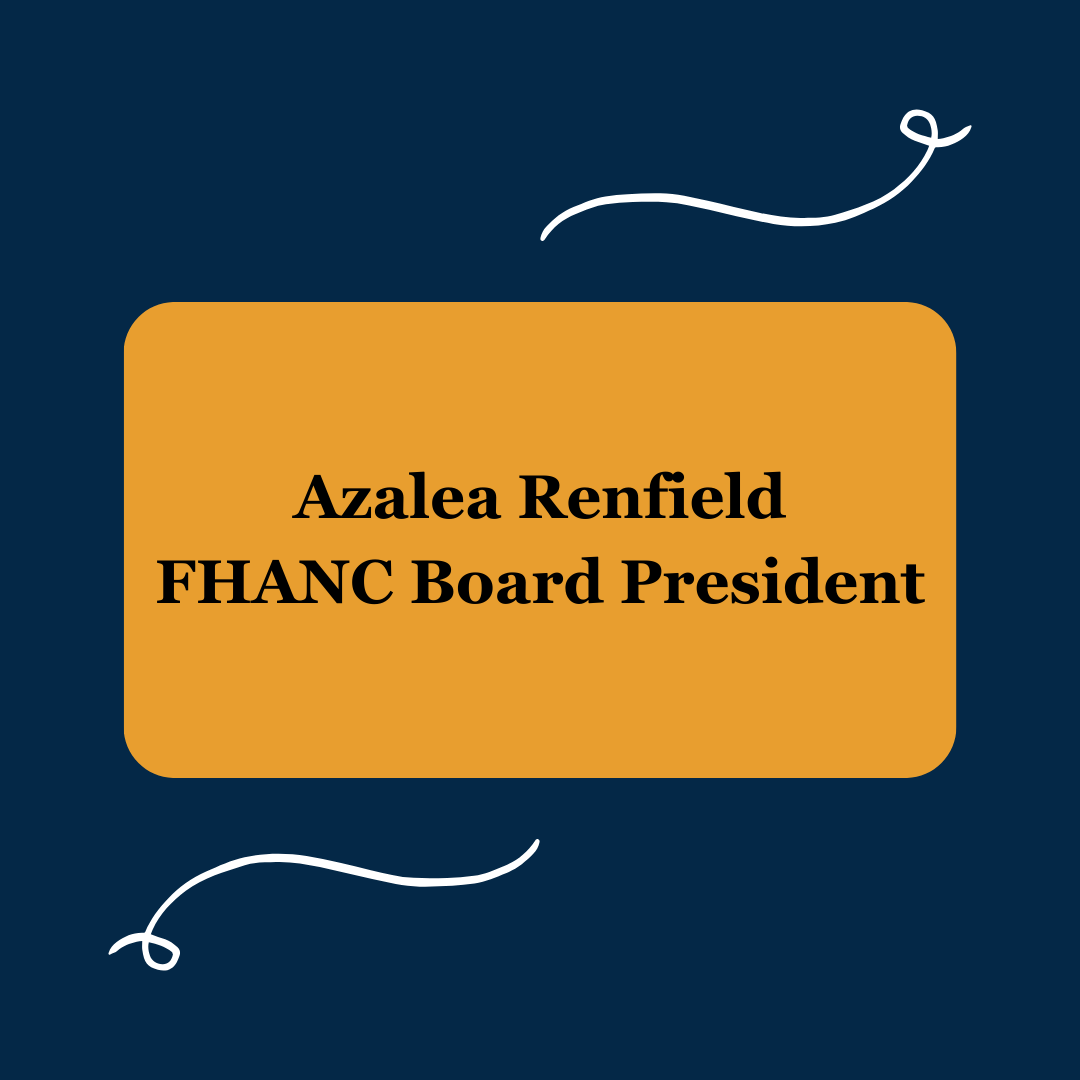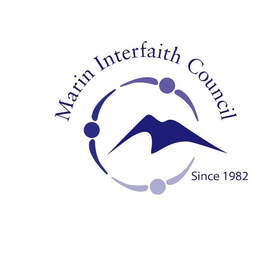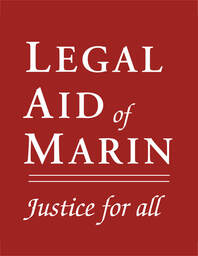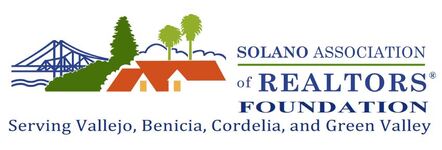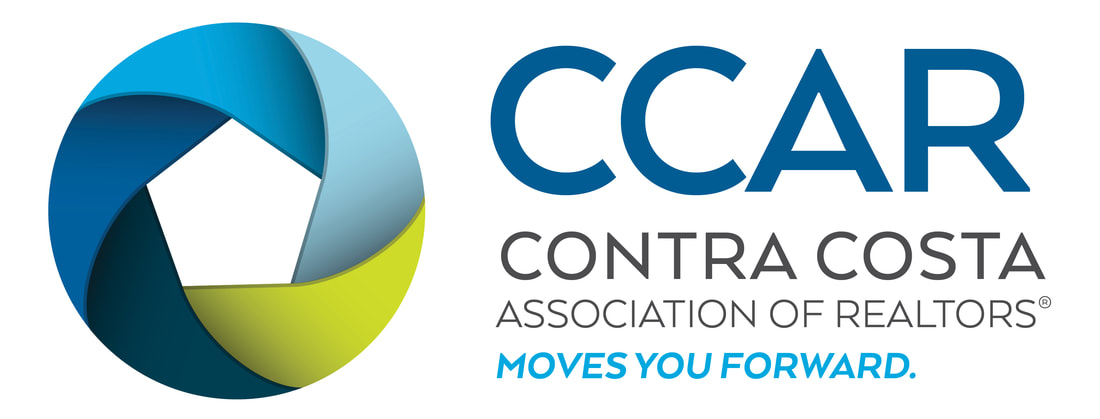Virtual Fair Housing Conference 2024
Advancing Fair Housing:
Strategies for Change
April 24, 2024
9:30 am - 1:30 pm PDT
via Zoom
The conference will address strategies for advancing fair housing and racial equity, with topics such as the use of fair housing laws to address emerging corporate practices negatively impacting tenants; tech equity and responsible AI in the fair housing context; and addressing the impact of residential segregation.
Registration fee: $25 per person
Pre-registration is required.
Scholarships are available upon request.
Registration fee: $25 per person
Pre-registration is required.
Scholarships are available upon request.
Watch conference recording:
Conference Agenda
Welcome & Introduction
9:30 am -9:45 am
Session 1: Fair Housing Testing Investigations
9:45 am - 10:00 am
In this short session, Fred Freiberg will explore the crucial role fair housing testing plays in providing probative evidence when housing discrimination occurs. In addition, we will show an excerpt from a film produced in 1961 — prior to the passage of the Fair Housing Act — by Wisconsin NAACP and the University of Wisconsin-Madison where Black and white actors contacted housing providers about homes for rent or sale. This film was suppressed by the university for 59 years because of the “moral and ethical problem” of hidden cameras and microphones as “an unwarranted invasion of privacy.” Despite appeals to release the film by prominent politicians and respected journalists like Edward R. Murrow, the film was not released until 2021.
Session 2: Addressing the Impact of Residential Segregation
10:00 am - 11:00 am
This session will cover some of the causes as well as the effects of residential segregation — exclusionary zoning, restrictive covenants, and others — and some of the ways to address them.
Fair Housing Poetry Contest
11:00 am - 11:15 am
Break
11:15 am - 11:30 am
Session 3: Leveraging Fair Housing Laws: Advocating for Corporate Accountability in Housing
11:30 am - 12:30 pm
A conversation between housing advocates and fair housing practitioners about emerging corporate landlord practices, including junk fees and zero tolerance policies that disproportionately impact members of protected classes. This session will examine how to look at these issues through a fair housing lens to suggest best practices for housing providers and fair housing laws that housing advocates can apply to protect the most vulnerable residents in our communities.
Session 4: Fair Housing and the Responsible Use of Artificial Intelligence (AI)
12:30 pm - 1:30 pm
AI and automated systems impact every area and aspect of our lives, determining if we can secure quality housing, obtain affordable credit, gain a living wage job, access the right healthcare, and other services. While these technologies hold immense potential (lowering the cost of mortgage loans, increasing a homeowners’ chances of getting insurance, or identifying fraud and security threats) they also bring challenges. AI can perpetuate and amplify discrimination, resulting in denial of access to life-saving healthcare or false imprisonment.
This session will empower attendees with knowledge, actionable insights, and strategies to collaborate on practical solutions that can be implemented in our communities, employing innovative fairness methodologies and leveraging AI to identify and eradicate discriminatory practices, while advocating for AI-driven equitable access to vital opportunities and striking a balance between fairness and accuracy in algorithmic models.
Welcome & Introduction
9:30 am -9:45 am
- Caroline Peattie, Executive Director, Fair Housing Advocates of Northern California
Session 1: Fair Housing Testing Investigations
9:45 am - 10:00 am
In this short session, Fred Freiberg will explore the crucial role fair housing testing plays in providing probative evidence when housing discrimination occurs. In addition, we will show an excerpt from a film produced in 1961 — prior to the passage of the Fair Housing Act — by Wisconsin NAACP and the University of Wisconsin-Madison where Black and white actors contacted housing providers about homes for rent or sale. This film was suppressed by the university for 59 years because of the “moral and ethical problem” of hidden cameras and microphones as “an unwarranted invasion of privacy.” Despite appeals to release the film by prominent politicians and respected journalists like Edward R. Murrow, the film was not released until 2021.
- Fred Freiberg, National Field Consultant- Fair Housing Justice Center
Session 2: Addressing the Impact of Residential Segregation
10:00 am - 11:00 am
This session will cover some of the causes as well as the effects of residential segregation — exclusionary zoning, restrictive covenants, and others — and some of the ways to address them.
- Cashauna Hill, Executive Director - The Redress Movement
- Liz Darby, Social Equity Programs and Policy Coordinator - County of Marin
Fair Housing Poetry Contest
11:00 am - 11:15 am
- Reading of featured poems by winning students
Break
11:15 am - 11:30 am
Session 3: Leveraging Fair Housing Laws: Advocating for Corporate Accountability in Housing
11:30 am - 12:30 pm
A conversation between housing advocates and fair housing practitioners about emerging corporate landlord practices, including junk fees and zero tolerance policies that disproportionately impact members of protected classes. This session will examine how to look at these issues through a fair housing lens to suggest best practices for housing providers and fair housing laws that housing advocates can apply to protect the most vulnerable residents in our communities.
- Maeve Elise Brown, Executive Director & Founder - Housing and Economic Rights Advocates
- Leah Simon-Weisberg, Executive Director - California Center for Movement Legal Service
- Julia Howard-Gibbon, Supervising Attorney - Fair Housing Advocates of Northern California
Session 4: Fair Housing and the Responsible Use of Artificial Intelligence (AI)
12:30 pm - 1:30 pm
AI and automated systems impact every area and aspect of our lives, determining if we can secure quality housing, obtain affordable credit, gain a living wage job, access the right healthcare, and other services. While these technologies hold immense potential (lowering the cost of mortgage loans, increasing a homeowners’ chances of getting insurance, or identifying fraud and security threats) they also bring challenges. AI can perpetuate and amplify discrimination, resulting in denial of access to life-saving healthcare or false imprisonment.
This session will empower attendees with knowledge, actionable insights, and strategies to collaborate on practical solutions that can be implemented in our communities, employing innovative fairness methodologies and leveraging AI to identify and eradicate discriminatory practices, while advocating for AI-driven equitable access to vital opportunities and striking a balance between fairness and accuracy in algorithmic models.
- Lisa Rice, President - National Fair Housing Alliance
- Catherine Bracy, Founder & CEO - Tech Equity Collaborative
Featured Speakers

Lisa Rice
President
National Fair Housing Alliance (NFHA)
Lisa Rice is the President and CEO of the National Fair Housing Alliance (NFHA), the nation’s only national civil rights agency solely dedicated to eliminating all forms of housing discrimination and ensuring equitable housing opportunities for all people and communities. Lisa has led her team in using civil rights principles to bring fairness and equity into technologies used in the housing and lending sectors. She served on the Bipartisan Policy Center’s Civil Society Advisory Council on Artificial Intelligence and FinRegLab’s Board of Directors. She has received numerous awards including the National Housing Conference’s Housing Visionary Award and was selected as one of TIME Magazine’s 2024 ‘Closers.’
Read more...
President
National Fair Housing Alliance (NFHA)
Lisa Rice is the President and CEO of the National Fair Housing Alliance (NFHA), the nation’s only national civil rights agency solely dedicated to eliminating all forms of housing discrimination and ensuring equitable housing opportunities for all people and communities. Lisa has led her team in using civil rights principles to bring fairness and equity into technologies used in the housing and lending sectors. She served on the Bipartisan Policy Center’s Civil Society Advisory Council on Artificial Intelligence and FinRegLab’s Board of Directors. She has received numerous awards including the National Housing Conference’s Housing Visionary Award and was selected as one of TIME Magazine’s 2024 ‘Closers.’
Read more...
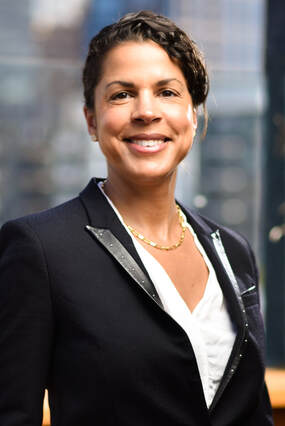
Catherine Bracy
CEO & Founder
Tech Equity Collaborative
Catherine Bracy is a civic technologist and community organizer whose work focuses on the intersection of technology and political and economic inequality. She is the Founder and CEO of TechEquity Collaborative, an organization that mobilizes tech workers and companies to advocate for economic equity in our communities.
Read more...
CEO & Founder
Tech Equity Collaborative
Catherine Bracy is a civic technologist and community organizer whose work focuses on the intersection of technology and political and economic inequality. She is the Founder and CEO of TechEquity Collaborative, an organization that mobilizes tech workers and companies to advocate for economic equity in our communities.
Read more...
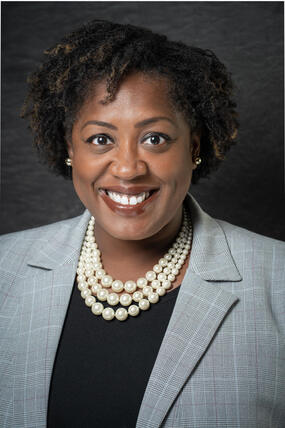
Cashauna Hill
Executive Director
The Redress Movement
Cashauna Hill was recently named Executive Director of the Redress Movement, which works to support local communities in promoting and securing remedies for the intentionally discriminatory policies that segregated, and continue to segregate, neighborhoods across the country. Richard Rothstein's book, The Color of Law, which documents the intentional laws and processes that created housing segregation, inspired the creation of The Redress Movement.
Read more...
Executive Director
The Redress Movement
Cashauna Hill was recently named Executive Director of the Redress Movement, which works to support local communities in promoting and securing remedies for the intentionally discriminatory policies that segregated, and continue to segregate, neighborhoods across the country. Richard Rothstein's book, The Color of Law, which documents the intentional laws and processes that created housing segregation, inspired the creation of The Redress Movement.
Read more...
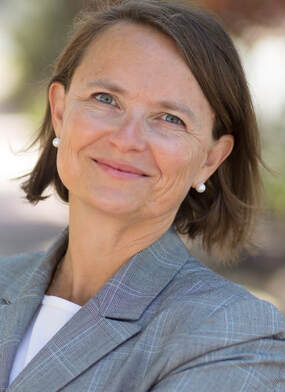
Leah Simon-Weisberg
Executive Director
California Center for Movement Legal Service
Leah Simon-Weisberg is an expert on rent control, landlord-tenant law, landuse and anti-displacement policy. She is an adjunct professor at University of California, College of the Law, San Francisco, and teaches housing law. She regularly trains attorneys, government staff and electeds on landlord-tenant law.
Read more...
Executive Director
California Center for Movement Legal Service
Leah Simon-Weisberg is an expert on rent control, landlord-tenant law, landuse and anti-displacement policy. She is an adjunct professor at University of California, College of the Law, San Francisco, and teaches housing law. She regularly trains attorneys, government staff and electeds on landlord-tenant law.
Read more...
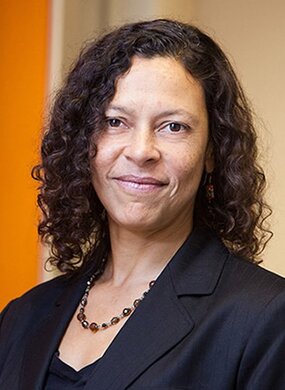
Maeve Elise Brown
Executive Director and Founder
Housing and Economic Rights Advocates
Maeve Elise Brown, Executive Director and Founder of Housing and Economic Rights Advocates (HERA), manages operations, supervises staff and participates in the organization's substantive work. A graduate of UCLA Law School, Ms. Brown's experience as a public interest attorney include litigation and administrative advocacy on behalf of tenants and homeowners, public benefits advocacy, community organizing, fair housing advocacy, community workshops, and trainings and technical assistance for professionals.
Read more...
Executive Director and Founder
Housing and Economic Rights Advocates
Maeve Elise Brown, Executive Director and Founder of Housing and Economic Rights Advocates (HERA), manages operations, supervises staff and participates in the organization's substantive work. A graduate of UCLA Law School, Ms. Brown's experience as a public interest attorney include litigation and administrative advocacy on behalf of tenants and homeowners, public benefits advocacy, community organizing, fair housing advocacy, community workshops, and trainings and technical assistance for professionals.
Read more...
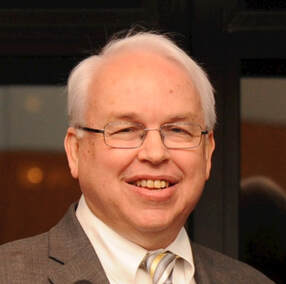
Fred Freiberg
National Field Consultant
Fair Housing Justice Center
Fred Freiberg is one of the nation’s leading experts on the use of testing as an investigative tool to enforce civil rights laws. Mr. Freiberg currently serves as a part-time National Field Consultant for the Fair Housing Justice Center (FHJC), a non-profit fair housing organization that he co-founded in New York City. Mr. Freiberg previously served as Executive Director of the FHJC. Prior to 2004, Mr. Freiberg worked for the Civil Rights Division of the United States Department of Justice where he directed a national testing program that he helped to establish in the Division’s Housing and Civil Enforcement Section in 1992. Read more...
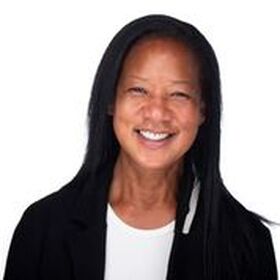
Liz Darby
Social Equity Programs and Policies
Community Development Agency, County of Marin
Liz Darby is a consultant who has worked with the County of Marin since January of 2015. Working primarily with the Community Development Agency’s Housing and Federal Grants Division, Liz’s work focuses on affirmatively furthering fair housing and supporting the County’s equity initiatives to address disparities and barriers that limit access and opportunities to basic needs, housing, education and employment. Her role with the County focuses on policies and practices that directly impact underserved communities and members of the protected classes.
Read more...
Social Equity Programs and Policies
Community Development Agency, County of Marin
Liz Darby is a consultant who has worked with the County of Marin since January of 2015. Working primarily with the Community Development Agency’s Housing and Federal Grants Division, Liz’s work focuses on affirmatively furthering fair housing and supporting the County’s equity initiatives to address disparities and barriers that limit access and opportunities to basic needs, housing, education and employment. Her role with the County focuses on policies and practices that directly impact underserved communities and members of the protected classes.
Read more...

Julia Howard-Gibbon
Supervising Attorney
Fair Housing Advocates of Northern California
Julia Howard-Gibbon is the Supervising Attorney at Fair Housing Advocates of Northern California (FHANC). She represents FHANC in fair housing litigation and administrative complaints and supervises FHANC’s staff attorneys and housing counselors in advocating for tenants and homeowners facing housing discrimination. Prior to becoming the supervising attorney, she was a staff attorney at FHANC for more than two years. Since receiving her undergraduate degree in Women’s Studies from UCLA in 2005, she has fought for the rights of tenants and those being excluded from housing, including members of protected classes. Prior to law school she was a tenant organizer at a housing counseling organization in Washington D.C.
Read more...
Supervising Attorney
Fair Housing Advocates of Northern California
Julia Howard-Gibbon is the Supervising Attorney at Fair Housing Advocates of Northern California (FHANC). She represents FHANC in fair housing litigation and administrative complaints and supervises FHANC’s staff attorneys and housing counselors in advocating for tenants and homeowners facing housing discrimination. Prior to becoming the supervising attorney, she was a staff attorney at FHANC for more than two years. Since receiving her undergraduate degree in Women’s Studies from UCLA in 2005, she has fought for the rights of tenants and those being excluded from housing, including members of protected classes. Prior to law school she was a tenant organizer at a housing counseling organization in Washington D.C.
Read more...
Moderator

Caroline Peattie
Executive Director
Fair Housing Advocates of Northern California
Caroline Peattie is the Executive Director of Fair Housing Advocates of Northern California (FHANC) and has been with the organization since 1996. Prior to her association with FHANC, Caroline was the Executive Director of Sentinel Fair Housing in Oakland. She graduated from Wesleyan University with a B.A. in philosophy and earned a Masters in the Management of Human Services at the Florence Heller School of Social Welfare at Brandeis University. She is a board member of the National Fair Housing Alliance and has been working in the fair housing field since 1987.
Executive Director
Fair Housing Advocates of Northern California
Caroline Peattie is the Executive Director of Fair Housing Advocates of Northern California (FHANC) and has been with the organization since 1996. Prior to her association with FHANC, Caroline was the Executive Director of Sentinel Fair Housing in Oakland. She graduated from Wesleyan University with a B.A. in philosophy and earned a Masters in the Management of Human Services at the Florence Heller School of Social Welfare at Brandeis University. She is a board member of the National Fair Housing Alliance and has been working in the fair housing field since 1987.
For more information, to request a scholarship, or for any special needs, please contact: [email protected]
For more information on sponsorships, please contact: [email protected]
For more information on sponsorships, please contact: [email protected]
Thank you to our conference sponsors!
Past Conferences
2023 Conference Website
2022 Conference Website
2021 Conference Website
2020 Conference Website
2019 Conference Videos
2019 Conference Program
2018 Conference Videos
2018 Conference Program
2018 Conference: 50th Anniversary Guest Speakers and Panelist Power Point Presentations
2017 Conference Program
2016 Conference Program
2015 Conference Program
2022 Conference Website
2021 Conference Website
2020 Conference Website
2019 Conference Videos
2019 Conference Program
2018 Conference Videos
2018 Conference Program
2018 Conference: 50th Anniversary Guest Speakers and Panelist Power Point Presentations
2017 Conference Program
2016 Conference Program
2015 Conference Program







